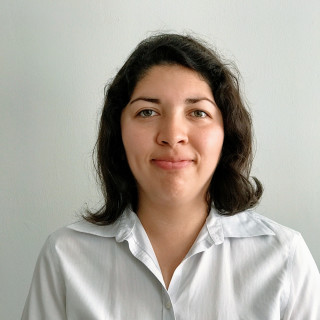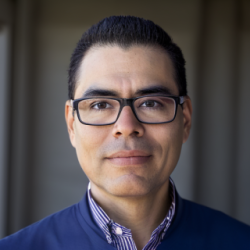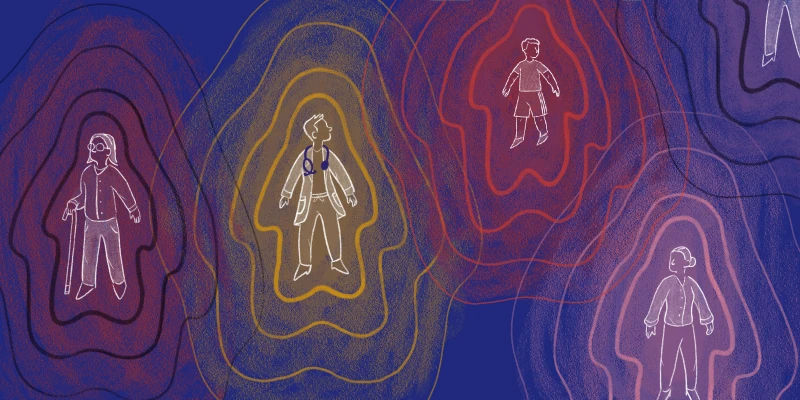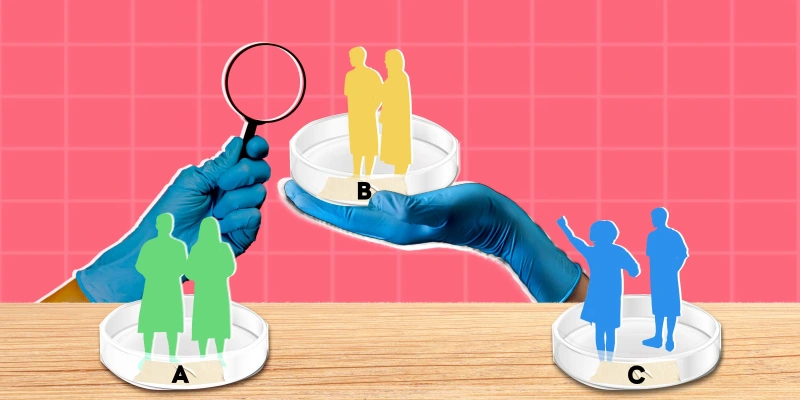I haven’t seen a patient in the past 90 days. I don’t have to arrive at clinic by 8 a.m. I don’t have an Epic InBasket to clear out anymore. My work now is mostly online. There are many meetings and conversations filled with terms that are unfamiliar. I read about product requirement documents, weekly business reviews, and application programming interfaces.
Three months ago I made a decision to leave clinical medicine and venture into the world of entrepreneurship with an old friend from college. In the upheaval of the pandemic, I found myself seriously entertaining what had once been just a joke between us — the idea of starting our own health care company. This sort of dreaming big seemed natural for her, an MBA, but felt foreign and unattainable for me, an MD with barely enough experience to understand how to select retirement benefits. Though we started in very similar spheres in college, our lives are now different in a myriad ways — she is a homeowner and has over 10 years of experience in the workplace; I have a tiny apartment and over 10 years of education and training. Nevertheless, I ultimately decided to pursue this business venture with her. At worst, I reasoned, it would be a vacation from clinical care — and at best, it could be the launching point for a career where I might feel like I was truly making a difference in the lives of patients. Wasn’t that always the goal in the first place?
What has transpired since has been a series of lessons that have been very instructive personally as well as professionally. One of the most salient is about defining value. As we got off the ground, my friend and I referred to a questionnaire from her old business school files to help us determine whether our goals were aligned for the purpose of entrepreneurship. Some of these questions were a bit trickier than what I was used to, such as: How do you split up equity? What are your thoughts on compensation? DynaMed doesn’t cover this, I would think. Perhaps the question that was most striking was one about defining success. Without skipping a beat, my friend answered, “A net worth of at least 25 million dollars.”
I, on the other hand, had never thought to define success in terms of personal finance. Somewhere along the line, I had started thinking about success in terms of health care metrics: decreasing the rate of 30-day readmissions, screening more than 70% of your eligible patients for colorectal cancer, ensuring your vaccination rates are up to par, etc. It is not clear to me if medicine teaches us to focus on others or if the personalities that are drawn to medicine are just prone to do that. But we do, and somewhere along the process we can forget all about ourselves and our own individual goals.
Although as clinicians the practice of medicine is ours, the business of health care has gotten away from us as we see more and more administrative decisions made to optimize the financial goals of a health system. I don’t think I will ever define my value solely in terms of my financial success, but maybe it is time to bridge this divide in both directions. On the one side, creating more business models in health care that reward health outcomes instead of financial ones. On the other, empowering physicians to appreciate their personal value and to advocate for themselves as much as they do for their patients. Can physicians band together to demand a system that does not require nights and weekends of charting and InBasket work, one that incentivizes good outcomes, where the complexity of our patient panel is taken into account in the metrics we’re required to meet, but also provides us with the tools we need to help our patients? Perhaps the foundation for this is already forming as more and more residency programs engage in the process of unionizing, but maybe there are other avenues to arrive at this balance: setting boundaries with asks from administration, negotiating creatively, advocating for each other, learning about the business of health care, etc.
My friend has taught me to see something in myself and in medicine that was never quite clear. As she expresses her awe at the work that we doctors do and the vast knowledge base for which we are responsible, she also tells me that I deserve more, because we are indeed making a difference. I don’t think I will ever be asking for 25 million dollars, but it seems reasonable to request that I be valued enough to have a say in the policies that impact my work and my patients. At the end of the day, success to me is helping the world be healthier and happier — myself included. I hope that physicians can increasingly appreciate themselves, their work, and their value to the health care system. This may be the only way that we change the status quo to something that serves all of us.
What changes would you like to see in the health care system? Share your ideas in the comments below!
Dr. Raquel Rodriguez is a family medicine physician, currently practicing telemedicine from everywhere. She is passionate about applying technology, design, and policy innovations to improve patient care and the health of underserved populations. She tweets, rarely, at @racoolnessmd. Dr. Rodriguez is a 2022–2023 Doximity Op-Med Fellow.
Image by erhui1979 / Getty







